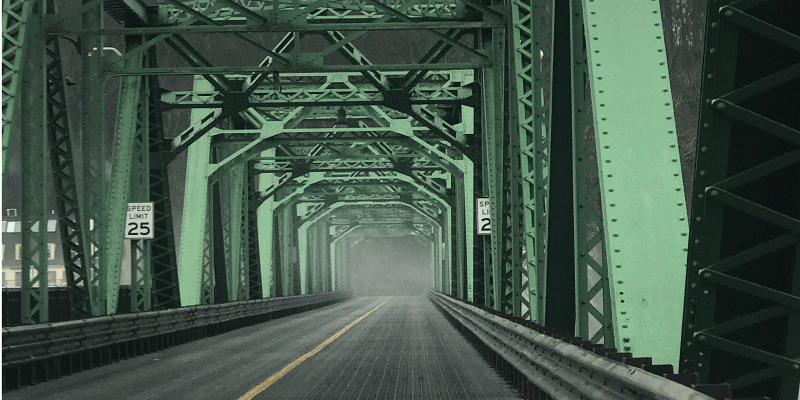If you track the buzz around the Cannes and Sundance film festivals the way some of us (most of us) follow Kardashian drama, set your out-of-office reply for July 22 through July 31 and buy your tickets now for the 13th annual New Hope Film Festival.
Over the course of the 10-day festival, 66 films from 13 countries will be screened at the New Hope Arts Center. Nine original scripts will also be presented.
Following the popularity of last year’s trial run, some of the featured films will be available for streaming – in addition to a full schedule of live, in-person screenings. Tickets are required for streaming and screenings at the arts center. A limited number of tickets will be available at the door.

What to expect
If you’re new to the festival, the featured films tend to reside on the dark and dramatic end of the spectrum: a teenage girl coping with the gradual loss of her mother to early-onset Alzheimer’s (Break Any Spell); choosing between a dream and the needs of her family at 10-years-old (Andrea); a single father helping his terminally ill son chase down his biggest wish (Aion).
There are also lots of documentaries that probe delicate subjects, too. Hello to Julia highlights a unique therapy that’s enabling a young girl to thrive, when doctors didn’t expect her to live more than a few months. From Darkness to Light: The Peter Krueger Clinic highlights the country’s first HIV/AIDS clinic. Mountains We Climb traces a local pro cyclist’s life from a personal best to a devastating diagnosis four months later.
The New Hope Film Festival is not entirely without lighthearted comedies. I Mustache You is about an agoraphobic woman who receives an anonymous love letter. And Flirting (With Possibilities) follows a deaf man’s plight to be heard by a cute guy at the coffee shop. It’s also a great example of how this small independent film festival both mines and supports diversity far better than Hollywood has so far.
Diverse perspectives
D.F. Whipple, the founder of the New Hope Film Festival, said, in a statement in this year’s program, that inclusion is one of the festival’s main objectives.
“Our event brings together people from many backgrounds and perspectives,” he said. “Every filmmaker is important and valued here, and our judges spend an incredible amount of time evaluating and discussing the works submitted for our consideration.”
Whipple noted previously that “festival organizers do not invite films into the festival, offer fee waivers, allow personal pitches from filmmakers, distributors and/or their agents, or sanction any other practices they consider preferential treatment.”
The majority of the festival’s selections were made by filmmakers who maxed out credit cards in order to tell their stories. For their efforts, their movies will receive little fanfare. Festivals like this one are often their only hope for reaching an audience.
These are movies distilled down to their essence. No A-list celebrities. No celebrities to speak of at all. Few, if any, splashy special effects. No in-your-face marketing campaigns. Just people committed to their craft – and their story.



